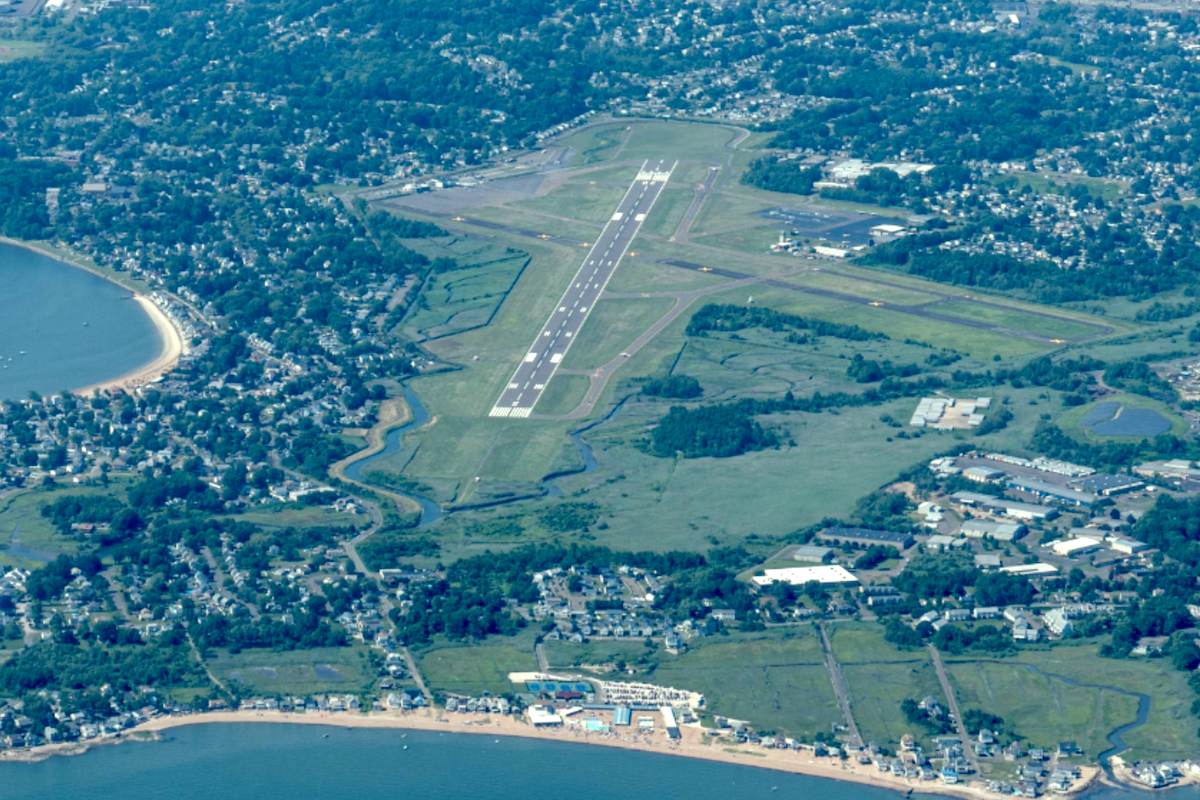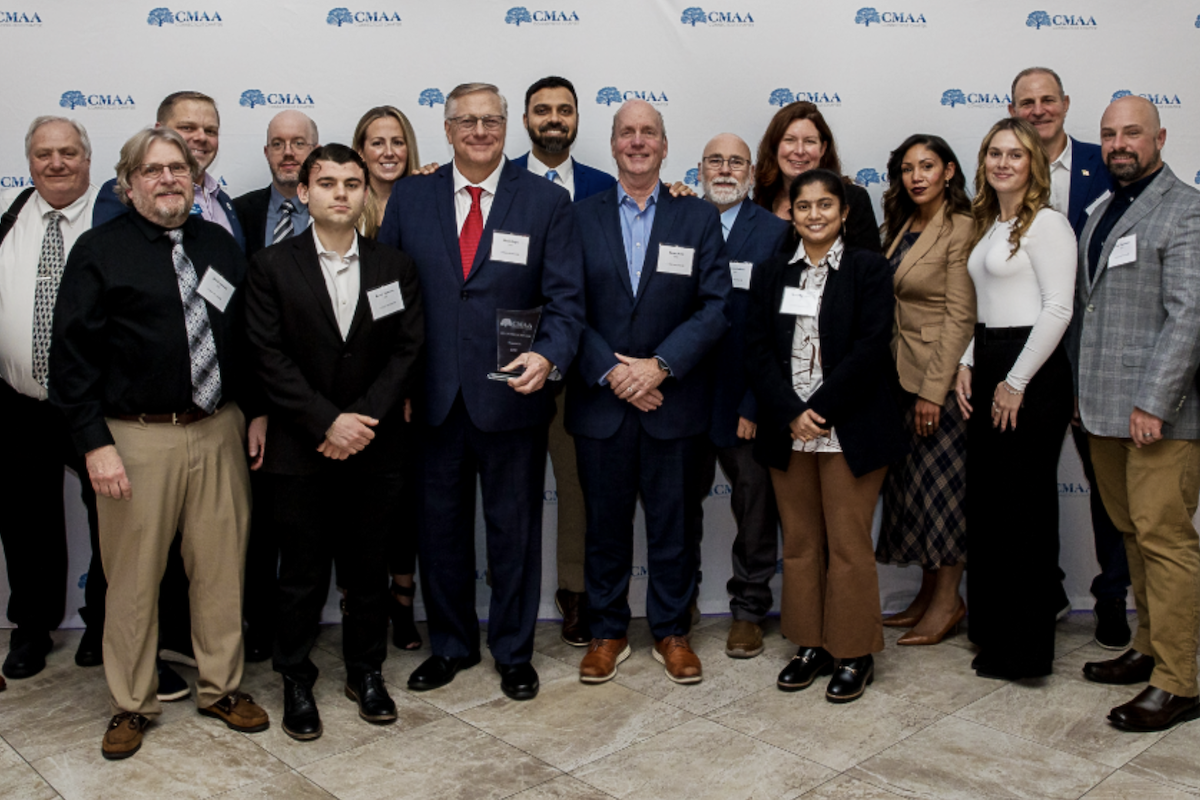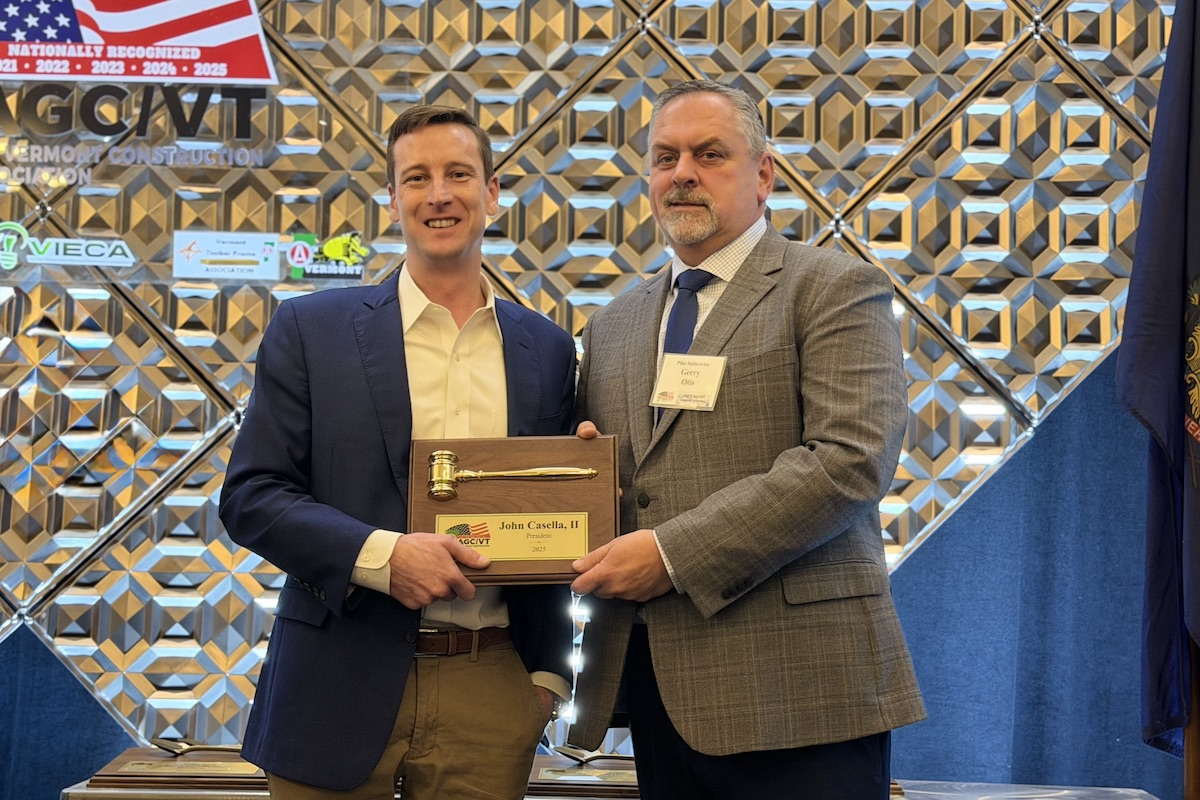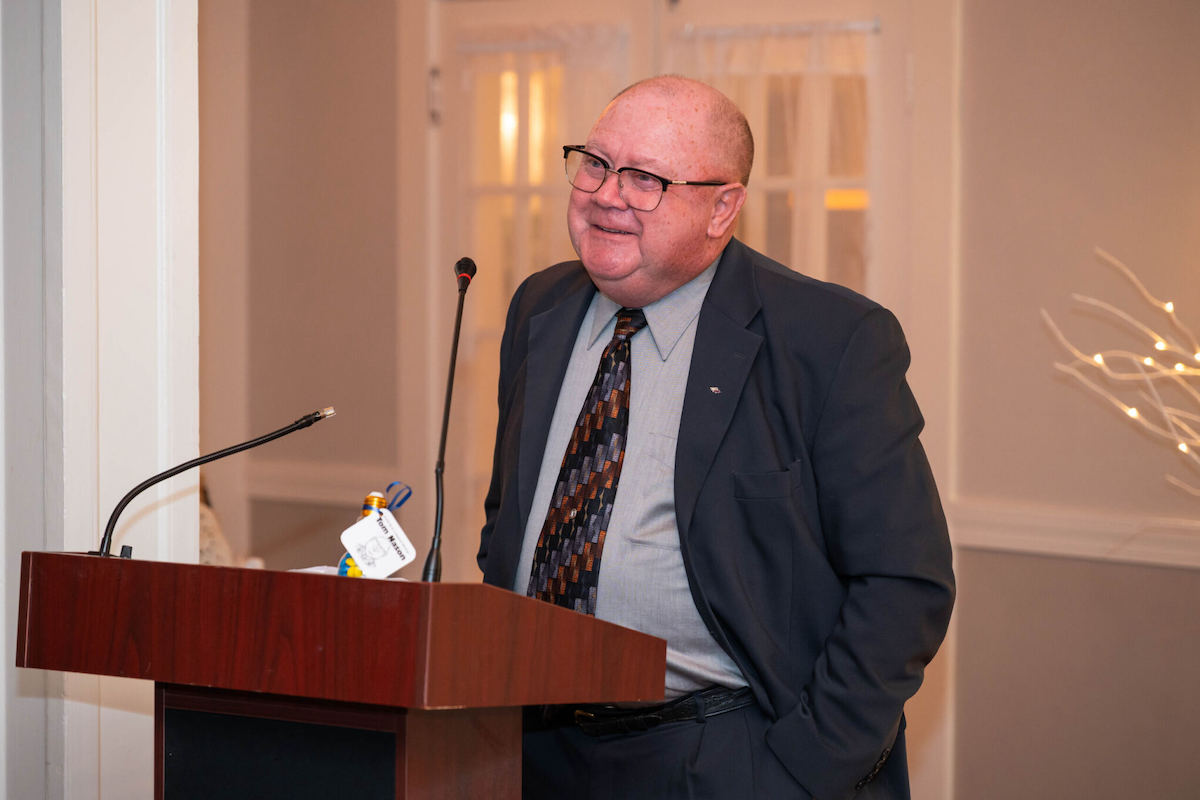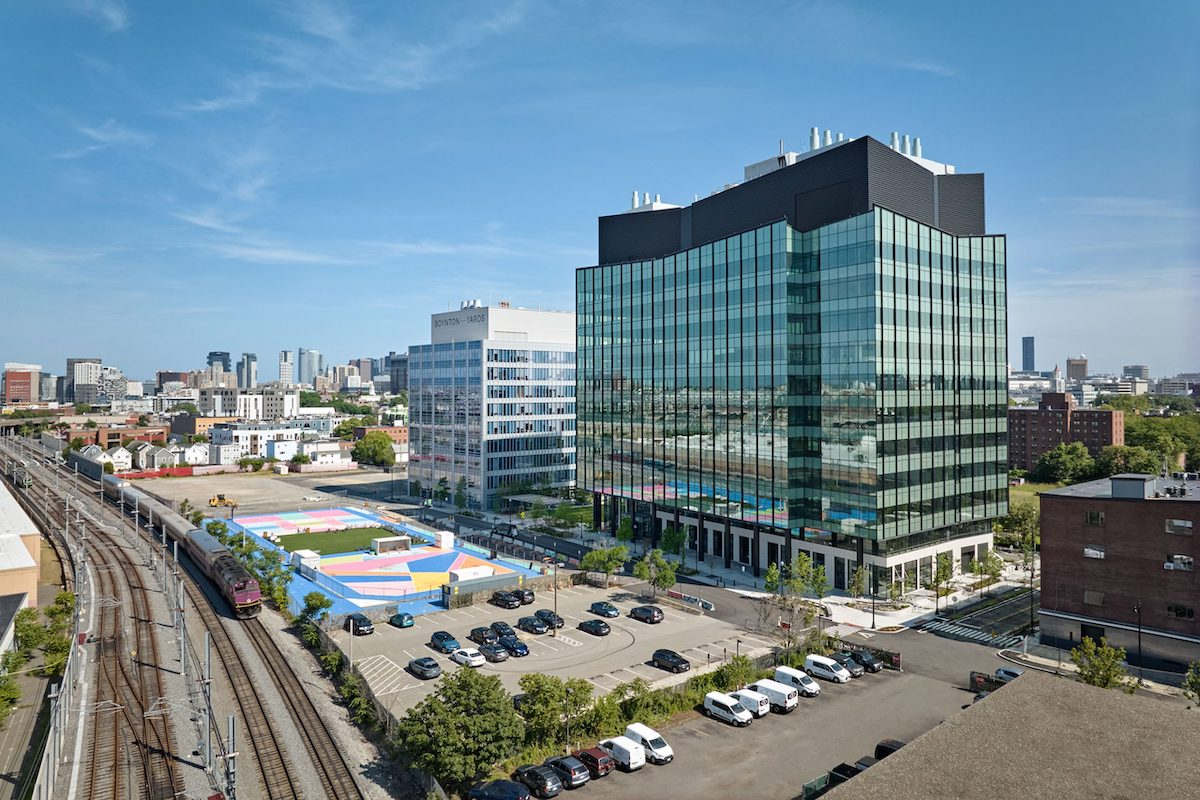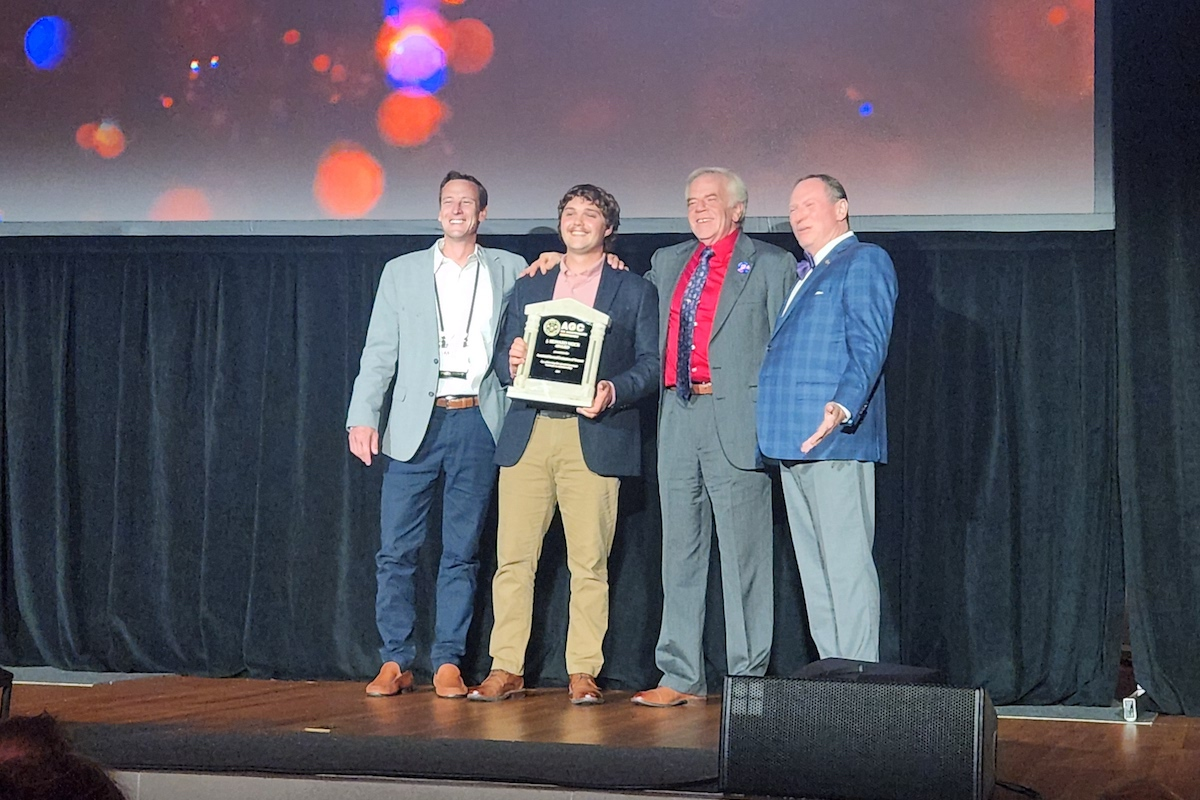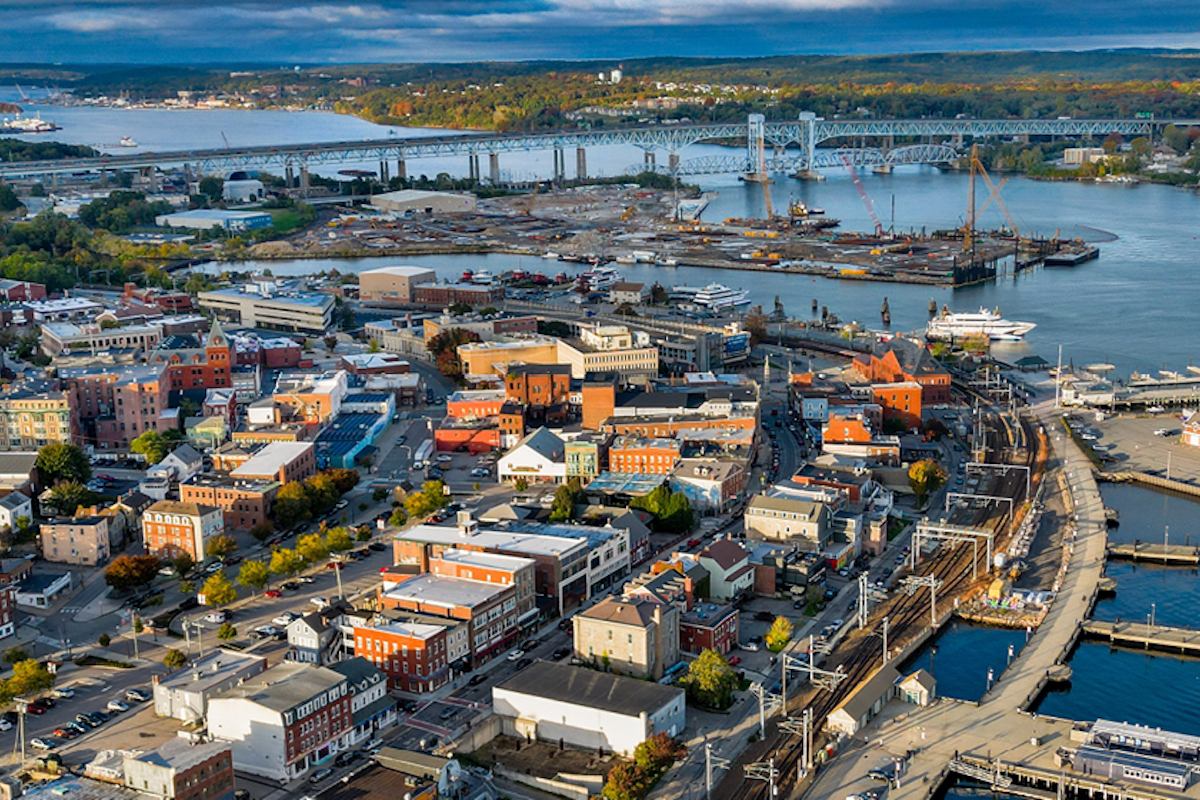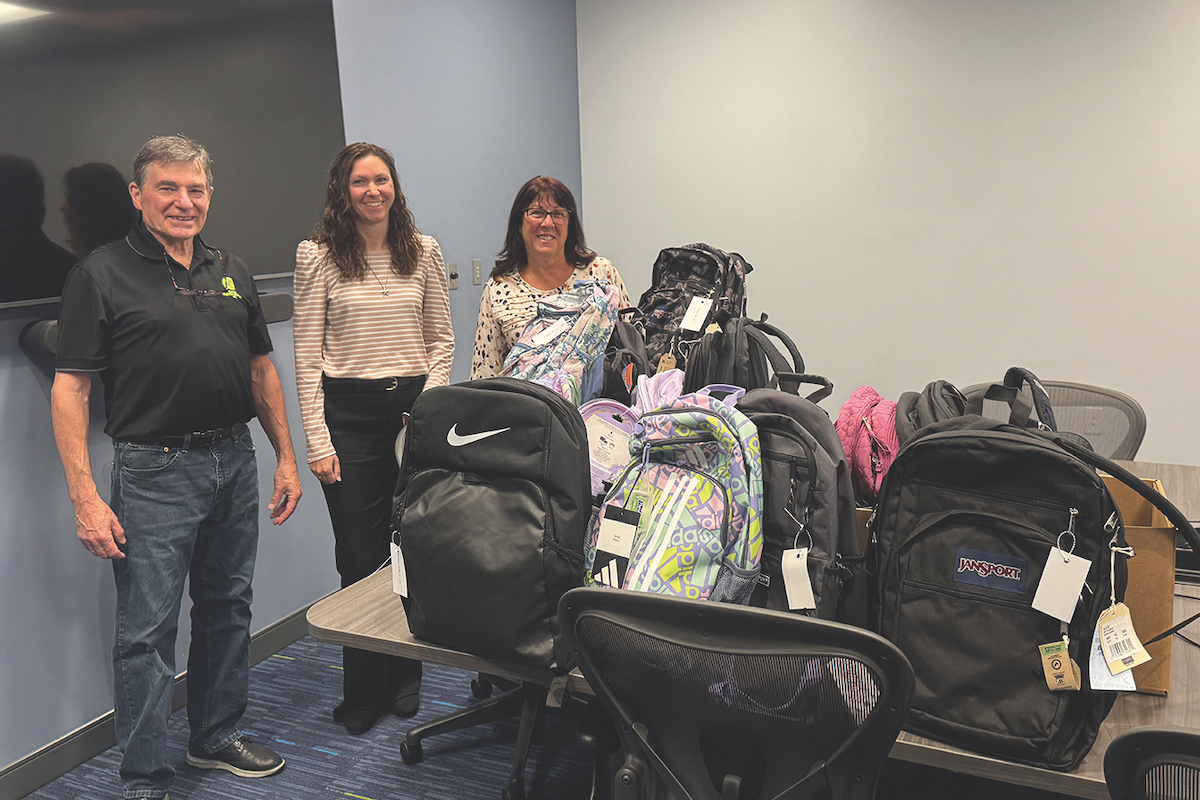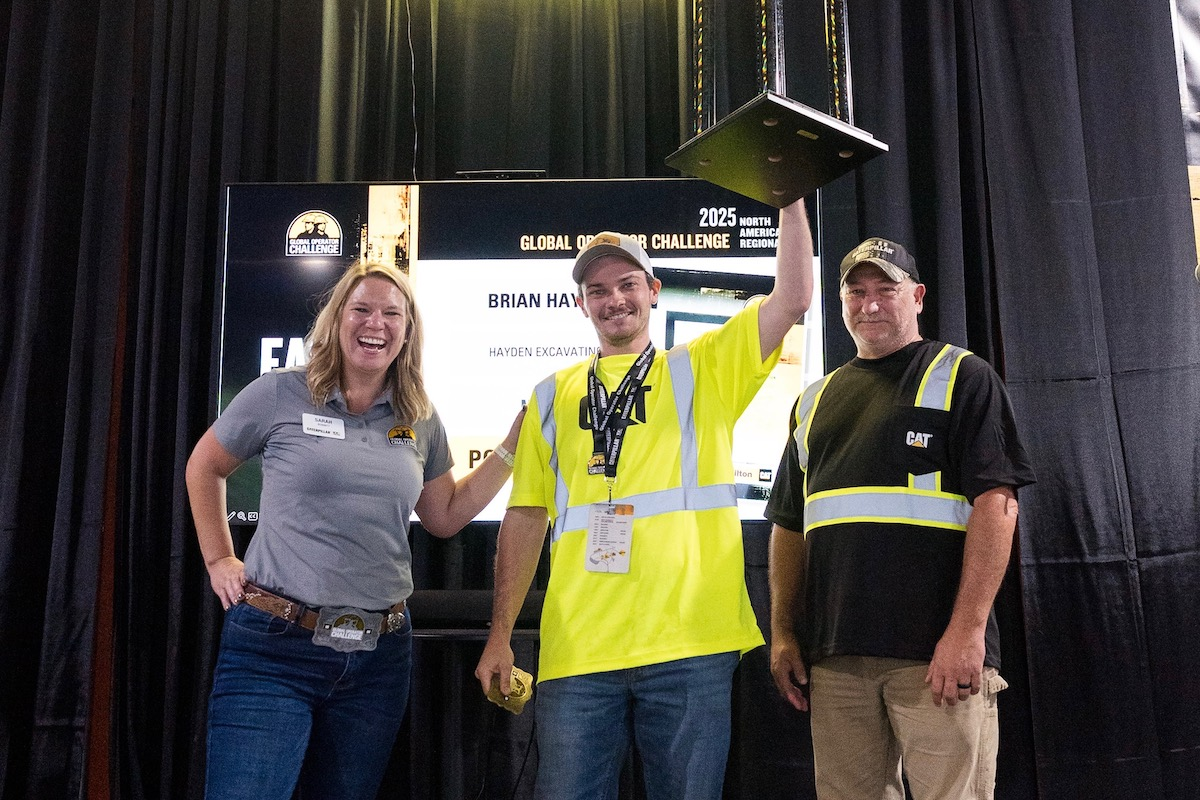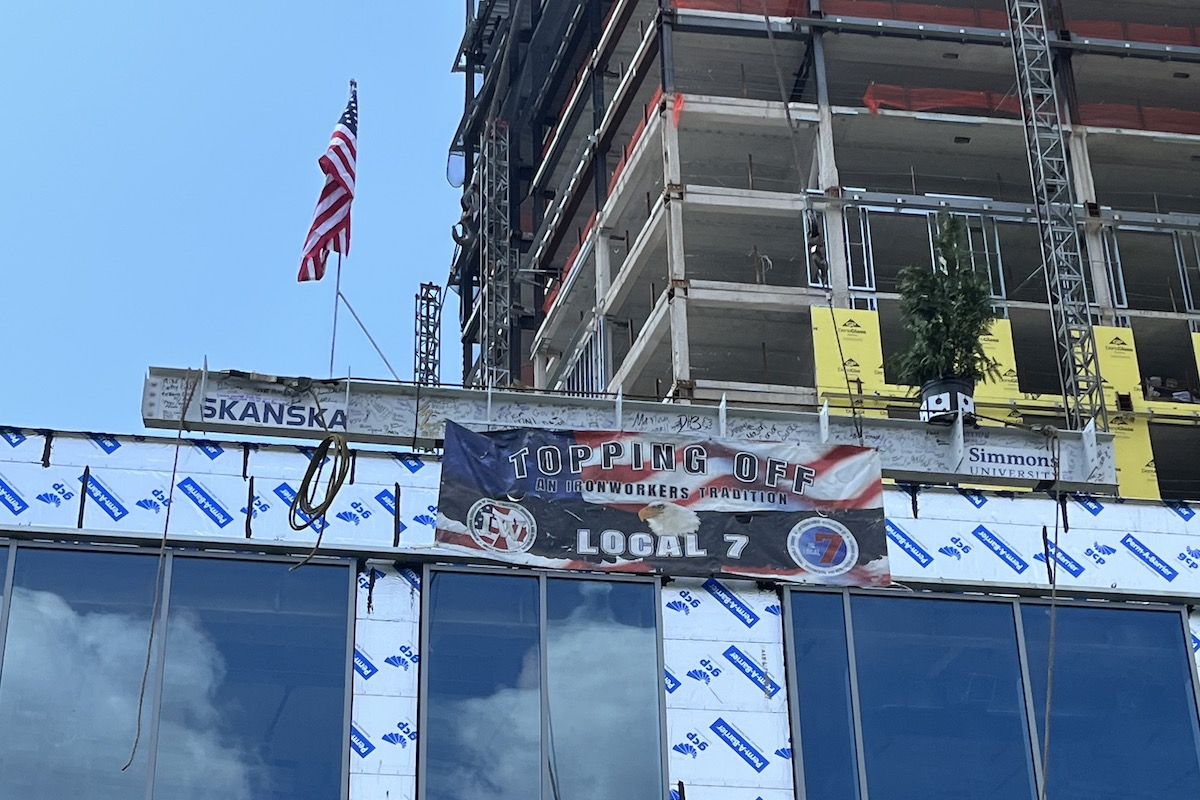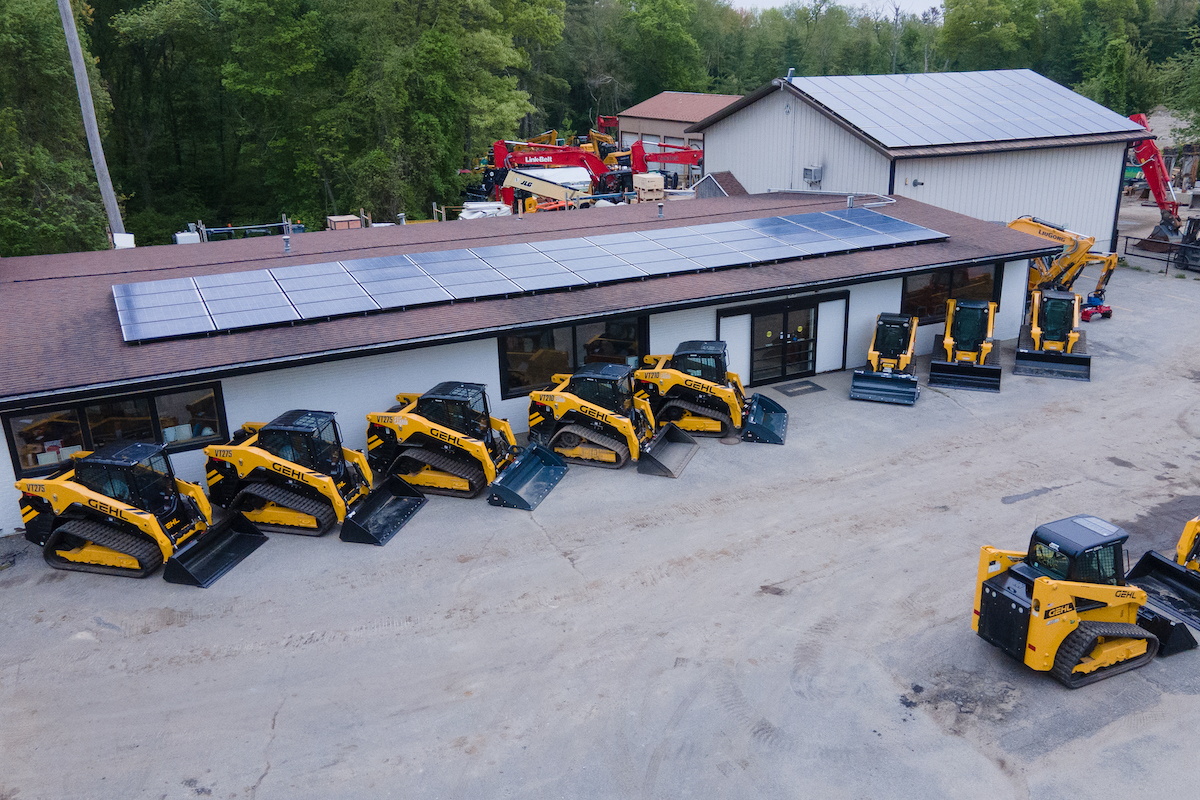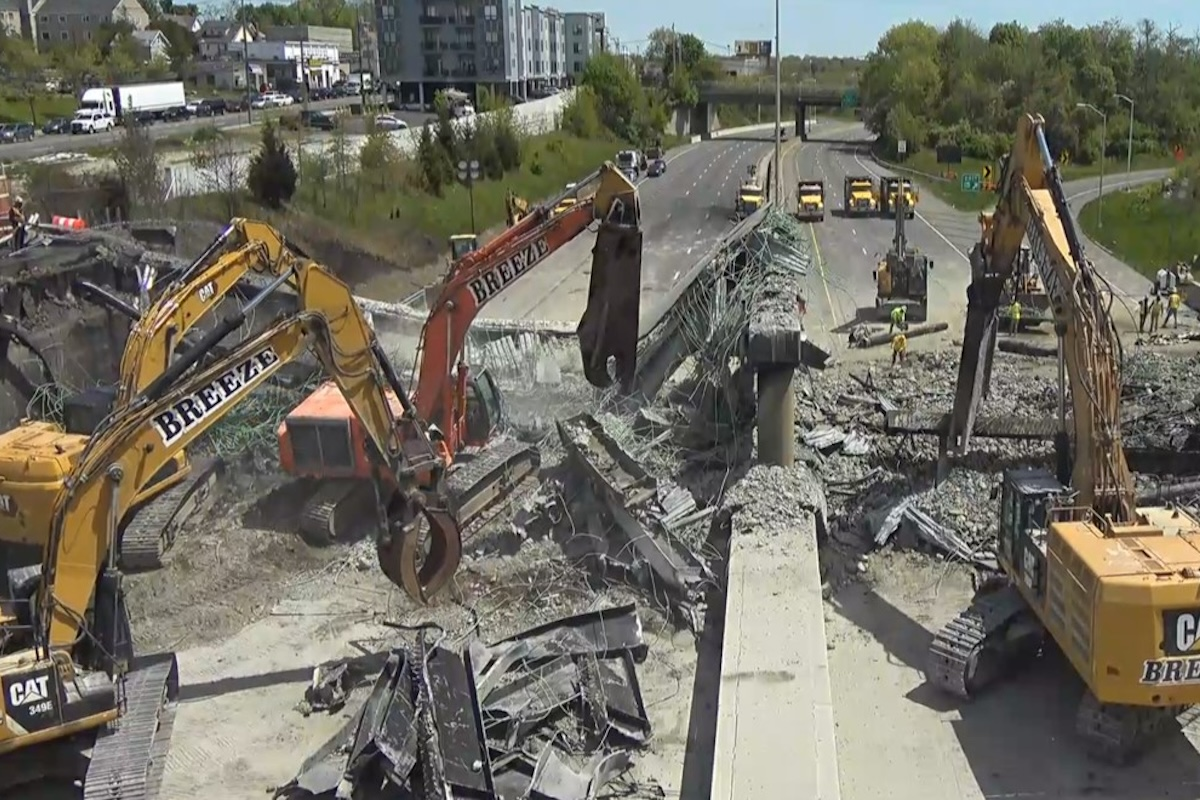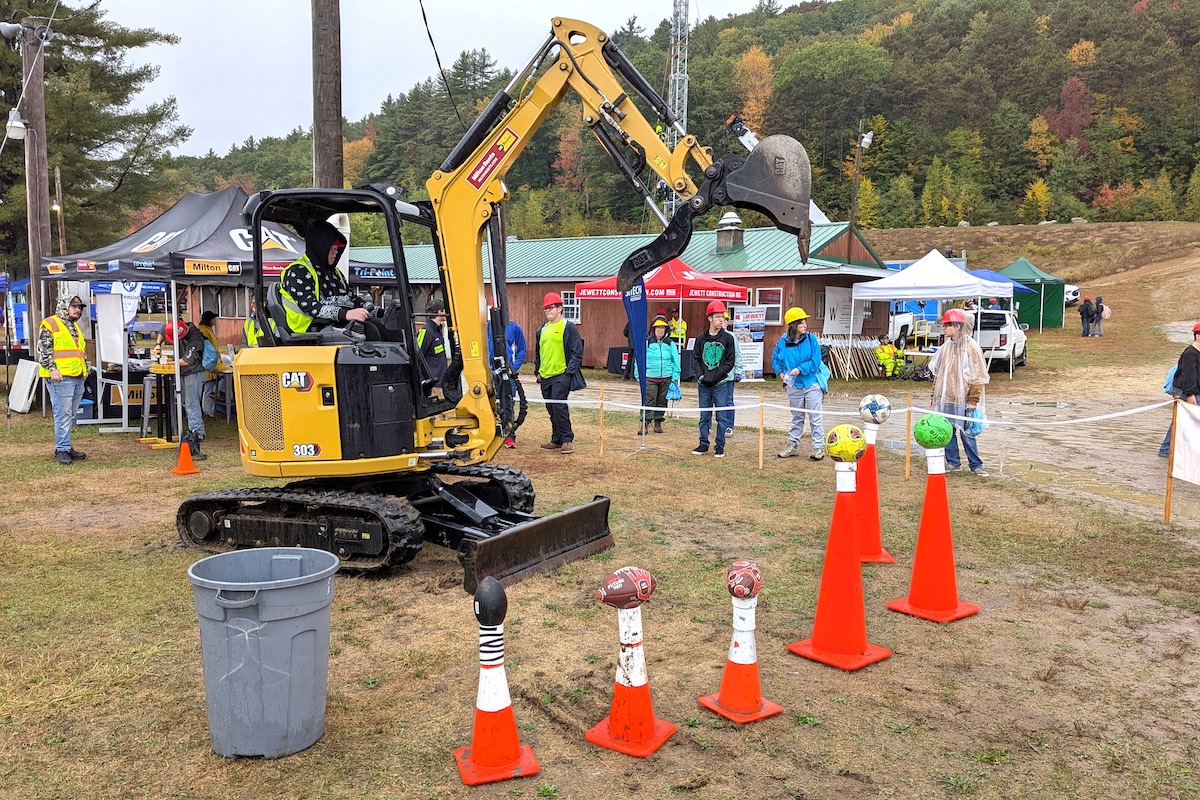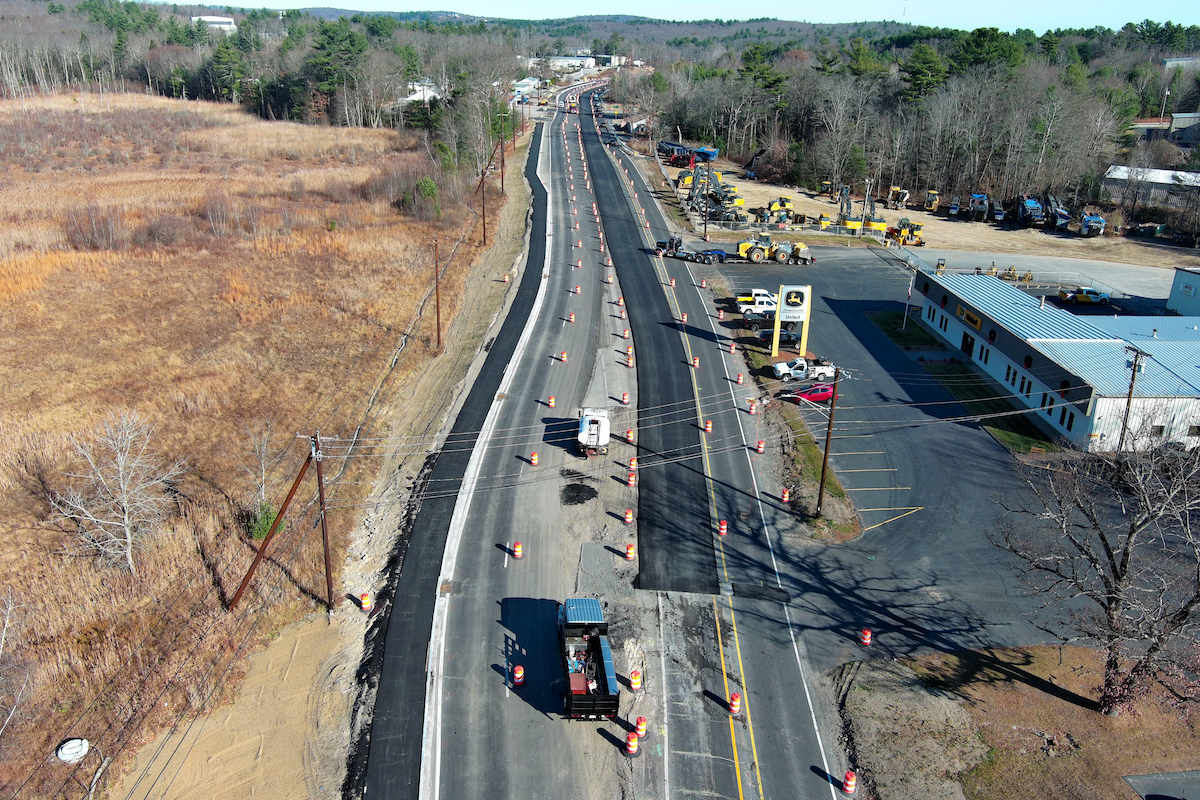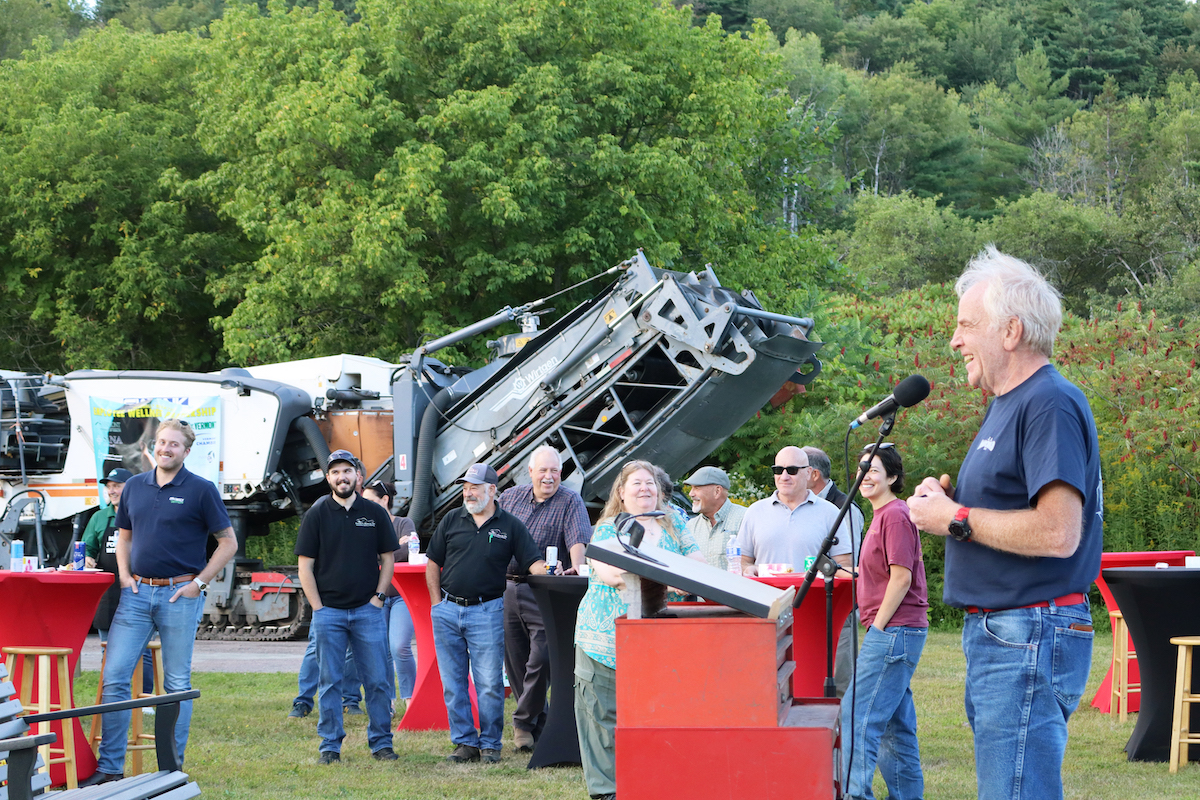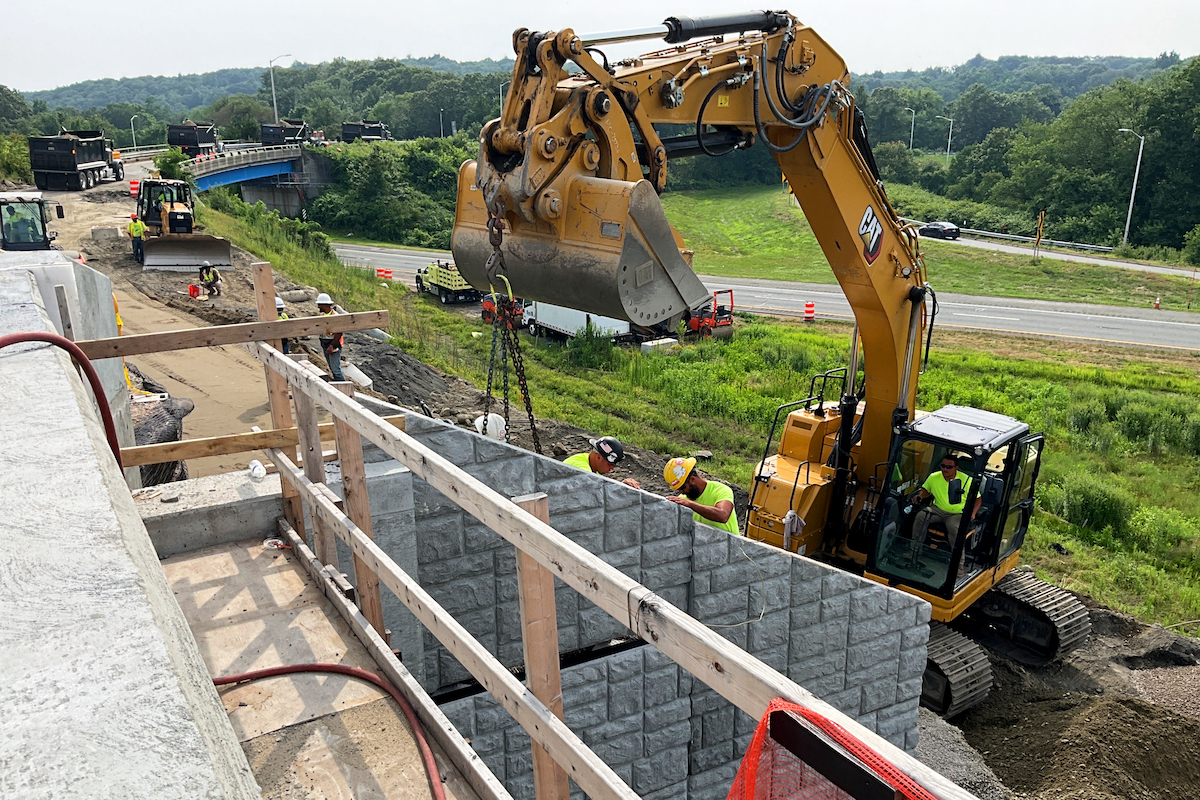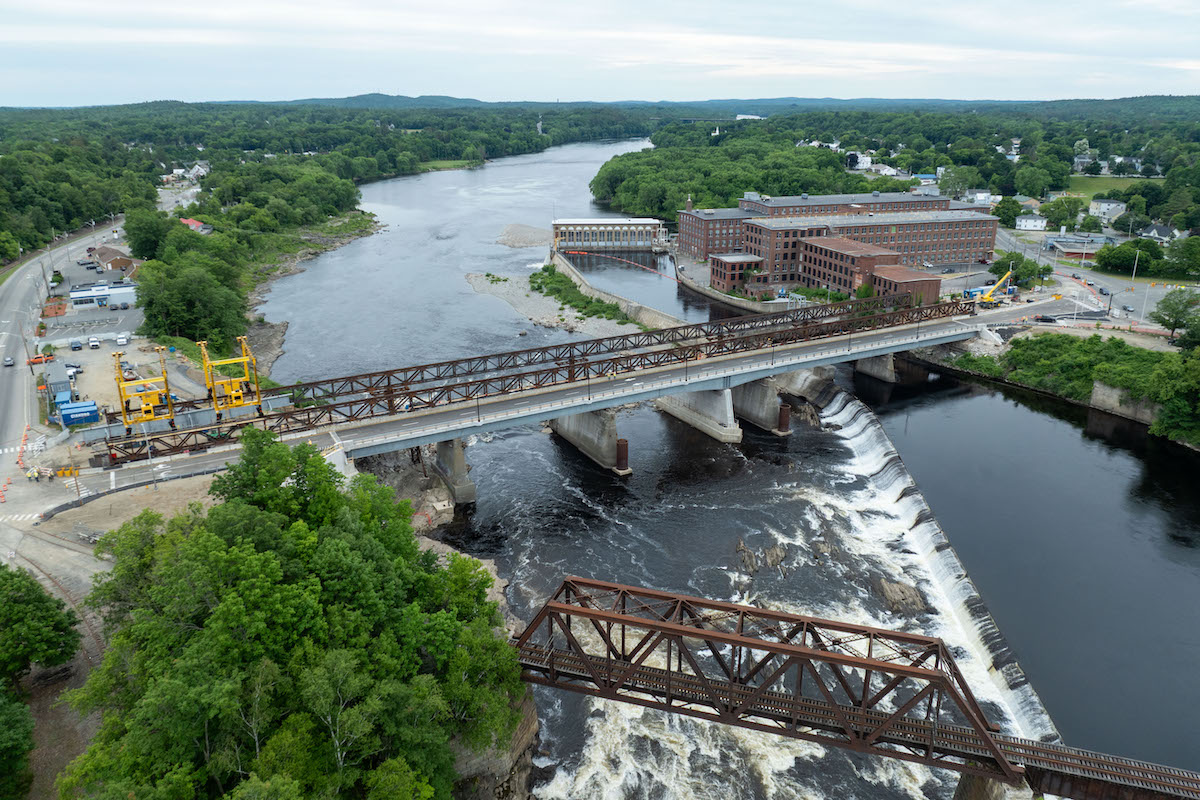The California Department of Transportation (Caltrans) and Fisher Sand & Gravel are in the middle of a widening project in Inyo County, California. The Olancha-Cartago 4-Lane Project is converting U.S. 395 from a two-lane conventional highway into a four-lane expressway and will allow for safer travel through the 12.6-mile-long project area.
The project area will include new 10-foot shoulders, at-grade intersections, two new structures over the Los Angeles Aqueduct, multiple undercrossings for wildlife, and a new non-motorized multi-use undercrossing. The northbound and southbound lanes will be separated by a 100-foot unpaved median.
Inyo County, which is in East Central California, bills itself as the adventure capital of the world. Despite being the second largest county in California by area, Inyo has approximately 20,000 residents. The county includes parts of the Sierra Nevada and Death Valley National Park. It also includes Badwater Basin (the lowest point in elevation below sea level in North America) and Mt. Whitney (the highest peak in the lower 48 states).
U.S. 395 stretches from Hesperia, California, to the Canadian border and runs through Olancha and Cartago, which are part of Inyo County.
The average daily traffic along this stretch of U.S. 395 is 7,300 with nearly 10 percent trucks, and it is expected to grow over 3 percent a year. U.S. 395 is a Priority Interregional Highway in the Caltrans Interregional Transportation Strategic Plan, part of the National Network of truck routes, and included in the Caltrans Highway Freight Network.

| Your local Hyundai dealer |
|---|
| Equipment East |
“The highway is vital to the economy of the Eastern Sierra and is one of five major recreational corridors identified for Southern California,” said Michael Lingberg, a Caltrans Public Information Officer.
The Olancha-Cartago 4-Lane Project will close a gap between existing four-lane sections to the north and south of it. Caltrans believes closing the gap, separating opposing traffic, removing passing restrictions, controlling access points, and providing adequate shoulder widths will improve safety.
In addition to safety improvements, the project is expected to improve traffic flow. Because the current stretch of U.S. 395 is a two-lane highway through the communities of Olancha and Cartago with a reduced speed limit of 55 mph, traffic queues up, and drivers make unsafe passing maneuvers.
There are also multiple access points to the highway and limited sight distances, so passing is restricted with solid yellow lines that separate northbound and southbound traffic. This section of U.S. 395 has a higher collision rate than the state average.

| Your local Trimble Construction Division dealer |
|---|
| SITECH Northeast |
Lingberg said the project had two main challenges due to historic weather events and sensitive environmental resources.
In August 2022 (a few months after construction commenced), the area experienced a 1,000-year storm event followed by the wettest winter on record. And if that was not enough, Tropical Storm Hilary slammed the region in August 2023. Streams that had been dry for years before the project flowed continuously.
These events eroded completed slopes and the unpaved roadway and destroyed multiple partially completed drainage structures.
“Since drainage was the first activity on the schedule, the repair of these features delayed critical path work,” Lingberg said.

| Your local Esco Corporation dealer |
|---|
| Genalco |
In one instance, rather than waiting months for new pre-cast concrete 6-foot by 6-foot box culverts, Fisher Sand & Gravel suggested using the 84-inch reinforced concrete pipe they had on hand, saving months on the schedule.
“We also modified the backfill for high density polyurethane from screened native material to slurry backfill to prevent further erosion during future events, prior to having end treatments and the structural section in place,” Lingberg said.
The other challenge was the discovery of cultural resources in a 2-mile segment. This led to a temporary full work shutdown in the area because the team had to devise a way to move forward on the project and avoid the resources.
Caltrans redesigned a 3-mile section of the project to realign the highway and raise the profile 12 feet.

| Your local Volvo Construction Equipment dealer |
|---|
| Tyler Equipment |
Lingberg said automated machine guidance (AMG) has been pivotal in executing this massive change. “Caltrans was able to provide new design models in real-time to allow the contractor to resume work and continue working without fully redesigned plan sheets, avoiding further delays and costs,” he said.
Other challenges arose due to the remoteness of the area and the goal to preserve and protect the pristine region. While Joshua Tree National Park is a couple hundred miles south of the project area, there are western Joshua trees in the vicinity.
The team relocated approximately 140 western Joshua trees with a specialized tree spade. Most of the trees were moved just 20 to 30 feet from their original location. The team used the same process to move the beavertail cactus and silver cholla cactus.
Fisher Sand & Gravel established wells nearby with waterlines and even fabricated a bridge over the Los Angeles Aqueduct to accommodate the waterline. Hauling water to the site would have resulted in higher emissions and haul costs. The contractor also brought in a temporary bridge over the aqueduct to allow usage of Volvo A60H Articulated Haulers, as the new bridges constructed for the project were designed for street-legal loading.

| Your local Wirtgen America dealer |
|---|
| United Construction & Forestry |
| WI Clark |
The team built a rock crushing plant at the material site to make all aggregates and an onsite warm mix asphalt paving plant for production instead of a hot mix asphalt plant, as is typical.
Warm mix asphalt produces mix 50 to 100 degrees Fahrenheit cooler, yielding less emissions and energy used, improved working conditions, and less hardening of the bitumen to allow for compatibility with the Reclaimed Asphalt Pavement. To delineate the environmental resources, a three-strand high visibility orange tape fence was developed rather than the conventional orange netting, which would blow down by the winds experienced in the area, reducing maintenance.
“The fence has been successful, and we plan to use it on other projects,” Lingberg said.
This is the first time that Caltrans has partnered with the general contractor, Fisher Sand & Gravel. The partnership has been a great success and an example of collaboration, Lingberg said. He explained that Fisher seeks to find solutions to any challenges that arise during the project.

| Your local Case Construction Equipment Inc dealer |
|---|
| Beauregard Equipment |
| Monroe Tractor |
“For the road redesign changes, they were able to find material nearby within the roadway median for use instead of harvesting it from other locations — or even off site — greatly reduc[ing] hauling costs, reducing emissions, and simplifying the project staging,” he said. “Their use of AMG has led to a smoothest quality product with cut and fill slopes that minimize visual impacts, fitting well into the scenic valley.”
The team’s ability to handle extensive construction challenges and the partnership in incorporating changes has resulted in them receiving Caltrans’ 2024 Success In Motion Partnering Gold Award. This award recognizes the commitment between Caltrans and the construction industry and the importance of partnering.
The initial construction contract was for just below $70 million. However, the California Transportation Commission allocated an additional $38.3 million in May 2024 (four years after the original contract). The additional monies were paid to crews to finish the project. They were needed due to the roadway redesign and weather impacts that affected critical path work.
These same issues have impacted the schedule. Begun in January 2022, the project was originally slated for completion in April 2024. Currently, the expected completion date is fall 2025. However, Caltrans and Fisher are strategizing to find ways to expedite project completion.

| Your local Hyundai dealer |
|---|
| Equipment East |
“We’re currently considering modifications to the staging plans so that the final wearing course can be completed prior to placing traffic on the roadway rather than placement with traffic on the new lanes, as originally planned,” Lingberg said. “To mitigate impacts of temporary controls to the pavement, using temporary traffic tape and markers instead of temporary paint striping and temporary traffic delineation is being considered.”
If the staging change occurs, it could reduce the schedule between two to four months, thereby completing the project in the summer of 2025.
Funding for the project is courtesy of the State Transportation Improvement Program, Senate Bill 1, and the federal Infrastructure Investment and Jobs Act.
When the Olancha-Cartago 4-Lane Project is complete, drivers on U.S. 395 will experience an increase in roadway safety. The new and improved roadway will be up to current design standards and continue to be a conduit to the Eastern Sierra.

| Your local Hyundai dealer |
|---|
| Equipment East |
- Owner/Designer: California Department of Transportation
- General Contractor: Fisher Sand & Gravel, Tempe, Arizona
- Project Engineers: Damon Cherenzia, PE, and Kris Raber, RE, California Department of Transportation
- Other Key Contractors: NV5, Hollywood, Florida



















